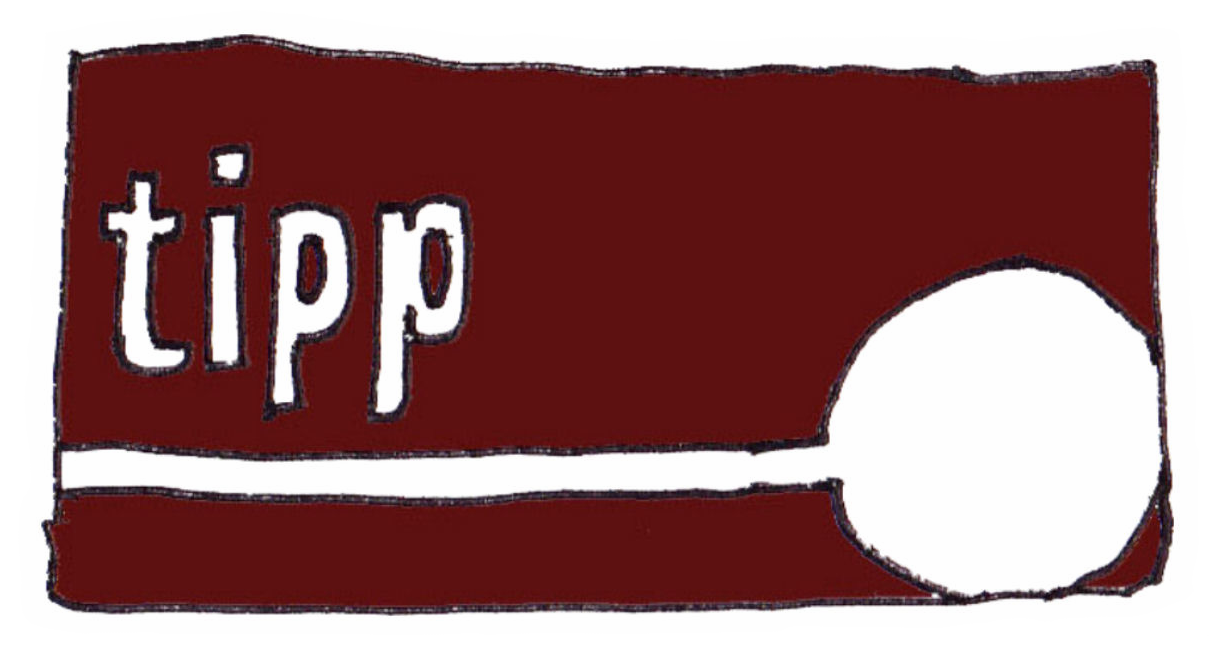Reflections on diversity and inclusion
We have known for a while that our workforce is not very diverse. There has of course always been a will to do something about it but a lack of time, resources and knowledge on what that something is. When I saw the Sound Connections online 'sit-in' entitled Inclusive Practice in Action: Diversifying the Music Education Workforce I signed up.
I'll admit to being a little nervous about the event, I was preparing myself for it to be difficult, challenging and jarring emotionally as well physically tiring sitting in front of a screen for two days solid.
I was not expecting it to have such a profound impact on me.
I left day one feeling utterly exhausted. A quote I had seen on a t-shirt once came to me half way through the afternoon and it still hasn't left, it said, If you're not angry, you're not paying attention. It is easier not to pay attention, paying attention is painful. I have experienced micro aggressions and full blown discrimination in my life, but it is not a daily occurance for me and through the bravery and honesty of the speakers I began to more fully understand my privilege.
There were so many moments that blew my mind and challenged what I thought I knew (Dr Muna Abdi's statement that as a facilitator you can not guarantee safety within the space is a blog post all of its own) but the word that kept coming back around was 'ally' - be an ally they said, and at first I didn't understand it.
The conference was happening as the public outcry following the kidnap and murder of Sarah Everard was unfolding, and it was whilst reading a twitter thread about that, that I realised that being an ally is about being proactive - it isn't enough to not be part of the problem, by doing nothing we reinforce the status quo, we have to be part of the solution, we have to speak out. By contextualising the issue in something which I have lived experience of, I was able to gain understanding and that in itself was an important lesson.
Day two left me feeling inspired and motivated and with a wealth of new resources, contacts and ideas on which to draw. But I am by no means an expert - I can input around women's experiences, around a mother's experiences, that's my lived reality, but I can't represent the experiences of a person of colour, or a wheelchair user. There is of course a bit of a 'chicken and egg' vicious cycle here, without those voices reprepsented we don't know how best to represent those voices, but hopefully, acknowledgement that there is an issue is a good start and as Rosa Parks said, 'we fail when we fail to try' (thanks to Dr Abdi for that quote).
So, as a first step for TiPP, I am suggesting we take the advice of keynote speaker Asif Sadiq MBE (Global Head of Diversity and Inclusion at Adidas and by far the most engaging and inspiring keynote speaker I have ever seen and well worth the delegate fee on his own!) - we need to dismantle our processes as an organisation. Well that sounds like management speak, but what it means is that we need to go back to the very fundamentals of our recruitment process and examine what we are doing to see where the barriers are (the fact that we don't get diverse applicants tells us that there are barriers in there). I have a few ideas on how we can start this journey, but it's going to be vital to get a range of voices involved in the development of any new undertaking.
At the end of the two days we were asked to think about what pledges we would make to increase diversity and inclusion in our workforce. At the time my brain was too heavy with the weight of all I had learned and the task just seemed too overwhelming but as I have reflected back it has dawned on me that there is no 'answer', there is no blueprint on how to 'do' diversity and inclusion well, that it is a journey that requires constant reflection, tweaking, adjustment and attention. That's hard, especially in a small organisation like TiPP and especially for a brain like mine that likes to compartmentalise my work and tick off a task list. But it is key, so that's my pledge - to put diversity and inclusion on my to do list all the time, to keep revisiting it and to be an ally.
Rachel Graham, Projects Director
